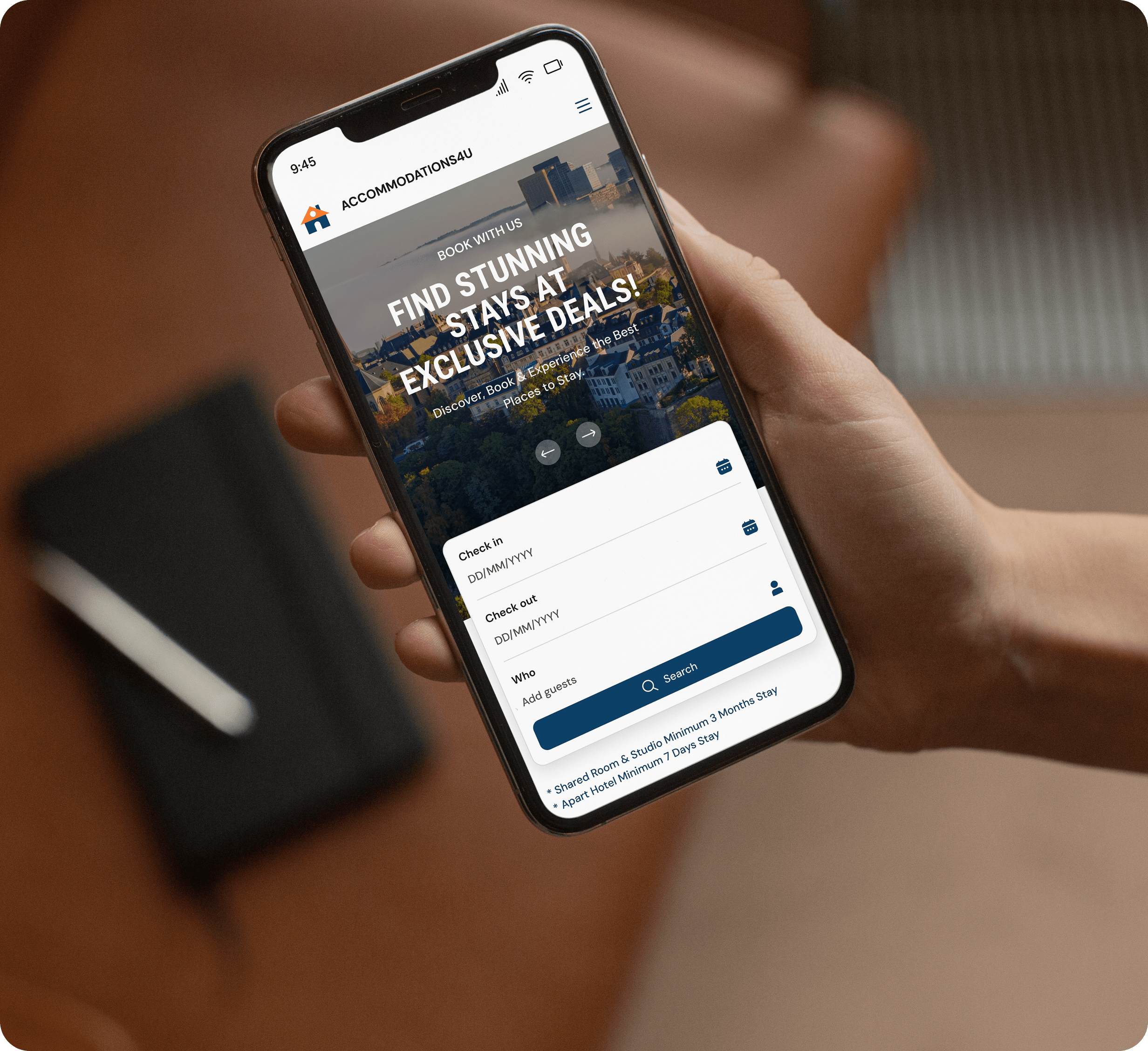
Ai Cases For
Electric Vehicle Charging

Table Of Contents
Private EV Charging Platform with OCPP
Executive Summary
El-Monde is a platform enabling EVcharger owners (“Hosts”) to share their chargers, monetize charging stations,and offer charging services for EV drivers (“Drivers”) in hospitality, retail,workplace, and destination settings. The service includes both a mobile app andwebsite, helping users locate, reserve, and pay for EV charging, while givinghosts tools to manage chargers, earnings, and operations. The platformemphasizes interoperability (via OCPP), regulatory compliance (EU, GDPR), and apartner ecosystem that spans charger manufacturers, payment service providers,installers, and hospitality businesses.
El-Monde has grown rapidly since itsfounding in early 2024, achieving thousands of private hosts, global geographicspread, seed funding, and partnerships with hotel groups and luxury lodgingassociations. The platform positions itself as a turnkey solution forbusinesses that want to offer EV charging without owning the full technicalstack or managing every aspect themselves.
This case study examines keychallenges El-Monde faced, how they implemented a technical solution(especially using OCPP), how they have planned scaling and integration withpartners, the architecture that supports the platform, and reference points.
Problem Statement
El-Monde addresses several interlinked problems in the EV charging ecosystem:
- Fragmented infrastructure & interoperability: Many EV chargers are from different manufacturers with varying protocols; compatibility is often limited, making it hard for hosts to onboard chargers and for drivers to use them seamlessly.
- Under-utilized private chargers: Private or semi-private charger owners (hotels, workplaces, retail) often have chargers that are under-used; monetization is difficult if the host lacks good software, visibility, or user trust.
- User friction & range anxiety: Drivers need reliable information about charger availability, location, cost, reservation capability, and payment. Without accurate real-time data and seamless payment, adoption is slowed.


- Operational complexity for Hosts: Managing installation, compliance, pricing, billing, maintenance, earning insights, and integrating with existing systems (hotel booking, accounting) is technically and administratively complex.
- Regulation, privacy, security concerns: Especially in EU (and increasingly globally), issues of data privacy (GDPR), secure communications, accurate billing, and regulatory compliance are non-trivial.
- Market scaling & partner coordination: To realize value, the platform needs to scale in terms of chargers, host partners, geographic coverage, and integrations, while ensuring reliability, support, and a good driver experience.
Scaling and Integration with Partners
Extensible Architecture: Recommendation endpoints and monitoring APIs were built for future integration with partner dashboards and ML-Ops pipelines.
Partner Enablement: Technical integration documents and 3–5 video tutorials were produced for partner DevOps teams to enable self-service deployment.
Technical Solution with a Focus on OCPP Protocol
A core part of El-Monde’s technical solution is its compatibility with the OCPP protocol (Open Charge Point Protocol). OCPP is an open, widely adopted protocol that standardizes communications between EV charging stations (charge points) and the management system (backend), enabling remote control, monitoring, and standard features (authorisation, session management, status).
Here is how a technical implementation around OCPP typically works (in El-Monde’s case or a similar system), with details:
1. OCPP Overview & Role
- Versions Supported: El-Monde supports OCPP 1.0 through newer versions (1.6, 2.0) as stated on its site. el-monde.com
- What OCPP Enables: Remote charger onboarding, status reporting (charger availability, faults), real-time monitoring of charging sessions, start/stop charging commands, authorisation, pricing control, and potentially firmware updates.
2. Onboarding Chargers Via OCPP
- Hosts add a new charger via the El-Monde website/app. They provide basic details + location. el-monde.com+1
- The system generates an OCPP link or endpoint (i.e., the charge point must be configured to communicate with El-Monde’s backend over OCPP using this endpoint). The host configures their charger (via firmware/web interface) to point to that endpoint. el-monde.com
- Once configured, the system attempts to establish connection; once connected, the charger is visible in host dashboard, can report status, accept sessions, be discovered by drivers. el-monde.com+1
3. Session Management & Payments
- Drivers discover charger via map/app, check availability/status. They can reserve (if enabled), start charging session via the app.
- The OCPP backend monitors session parameters: energy delivered (kWh), time, status. These are used to compute billing. Hosts set pricing (per kWh, per hour, or per session) which the system applies. el-monde.com+1
- Payment is integrated via payment service providers; receipts/invoices are generated; driver history is stored.
4. Monitoring, Faults, Security
- OCPP provides for fault reporting (charger offline, error codes). The system needs to oversee alerts and manage maintenance workflows.
- Security: connections over TLS or equivalent; authentication of charge points; data encryption. Also, privacy compliance (EU servers, GDPR). El-Monde emphasizes “EU Hosted and GDPR Compliant” and “end-to-end encrypted.” el-monde.com
5. Additional Features
- Remote configuration of charger features (e.g., idle fees, reservation, power limits).
- Integration with external systems (hotel booking systems, accounting, partner services).
- Analytics: CO₂ emissions saved, usage statistics, earnings dashboard.
Scaling and Integration with Partners
For El-Monde to scale and provide value, the platform builds up multiple integrations and partner-centric capabilities. Key strategies / elements include:
1. Charger Manufacturers & Installer Partners
- Ensuring a wide range of smart chargers (Level 2 with internet connection) are OCPP compliant. This reduces friction for hosts.
- Partnering with installers and certified electricians to do installation, site surveys, permitting. El-Monde offers end-to-end support for hosts including installation. el-monde.com+1
2. Payment Service Providers & Accounting Systems
- Integration with payment processors for credit/debit cards, digital wallets; support for invoicing and accounting (e.g., QuickBooks). el-monde.com+1
- Support for business / personal wallets; for hosts to separate income; for drivers to separate personal/business expenses. el-monde.com
3. Hospitality / Retail Partners
- Hotels, resorts, campsites, sports clubs, retail stores that host chargers to attract customers. Partner models for revenue sharing; marketing partnerships. el-monde.com+2EIN Presswire+2
- Providing value-added features (e.g. listing hotels on app, reservation capabilities, promotions) to these partners.
4. Regulatory, Compliance, and Localization
- EU hosting, GDPR compliance to satisfy European regulation. el-monde.com
- Local regulations for installation, electrical safety, permits managed via partner installers.
Technical Architecture
Here is a plausible architecture for El-Monde (or what a robust implementation might look like), particularly as pertains to OCPP and scalability.
Key Architectural Considerations
- Scalability: OCPP must scale with number of charge points; managing many simultaneous sessions; ensuring backend can sustain load.
- Resilience & High Availability: Fault-tolerance for both charger communication (retry, status) and user operations (map availability, payments).
- Latency & Real-Time Data: For driver experience (availability, reservations, session status) low latency is crucial.
- Security & Compliance: Secure connection for OCPP endpoints; proper authentication of devices; privacy of user data; compliance with GDPR/EU data hosting; regulation for financial transactions
- Extensibility: Ability to add newer OCPP versions; support new charger types; integrate renewables; dynamic pricing; partner workflows.



